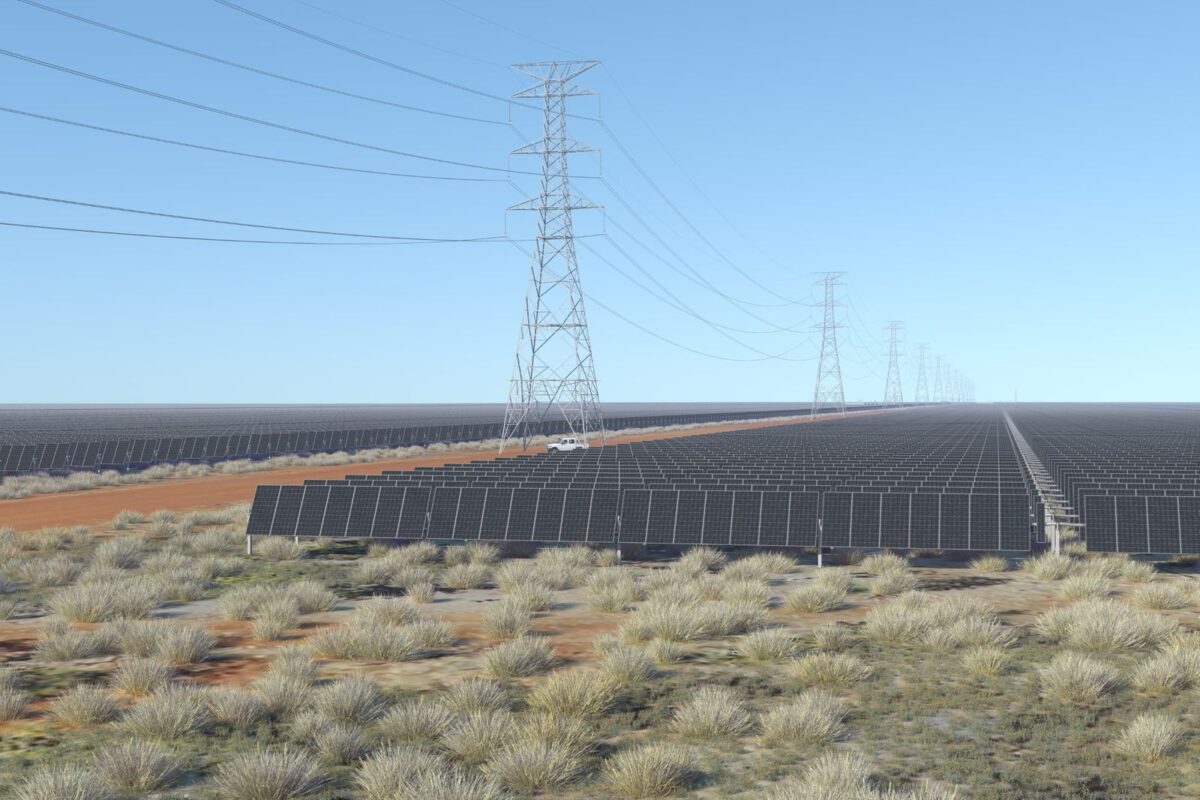The kākāpō is a giant of the parrot world, weighing in at between 1.4 and 2.2 kilograms. Flightless, nocturnal and evolved to stand motionless when threatened (a good strategy when your natural predators such as eagles, rely on sight), it has been easy prey for introduced cats, dogs, ferrets, rats and stoats, which sniff out their meals.
Kākāpō speak in “skrarks”, as described by the New Zealand Department of Conservation (DOC) which is protecting the remaining population on three predator-free islands, but Meridian Energy, a major generator of power in NZ, and DOC are hoping a widely understood language of love can be harnessed to boost their fertility.
“The saxophone is considered a pretty romantic instrument,” says Michael Healy, Chief Marketing Officer at Meridian Energy, “so we’re hoping it’ll do for the kākāpō what it does for humans.”
That’s right, this week Meridian launched a quirky campaign: “Saxy saxophonist wanted to help get birds breeding.”
And although all applicants will gratefully be assessed, the extra quirky twist is that Meridian and DOC have their sights set on one brilliant saxophone musician, among the most popular artists of all time, with in excess of 75 million record sales — Kenny G — to compose and play the kākāpō mating music.
On social media Meridian has targeted @kennyG; it has coined the hashtag #saxyinspo; co-opted UK classical music station @classicfm and conservationists at @BBC; and hit up influencers @iamjohnoliver, @stephenfry and others — all in the cause of talking up the serenade needed to boost libido on the forest floor of New Zealand’s sanctuary islands — Anchor Island, Whenua Hou or Codfish Island and Te Hauturu-o-Toi or Little Barrier Island.
Hello, is it G you're looking for? pic.twitter.com/bBo0rIawi3
— Kenny G (@kennyg) January 15, 2019
“It is a marketing awareness campaign,” says Healy, who, in the New Zealand way, collaborated to devise a campaign that would give maximum impact with minimal resources. He says, “Other native birds get a lot of attention, and people know about their need for protection and support, but not as many are aware of the plight of the poor kākāpō, so we’re working to raise awareness of that.”
The harmonies lie in the fact that Meridian Energy, has supplied 100% renewable energy since its inception, and sustainability and environmental husbandry are in its DNA. Meridian’s Australian retail arm is Powershop, which has been able to lower retail electricity rates on the back of cheap contracted solar PV, hydro and wind power. In February 2018, it signed a deal to purchase power from the 200 MW Kiamal solar farm in Victoria.
The winning saxophonist in Meridian’s kākāpō campaign, whether it turns out to be a gifted local or the legend Kenny G himself, will professionally record a song — a feather in their cap — for the kākāpō that will be available for download on the Meridian Energy website and will also be supplied to the kākāpō rangers.
Meridian Energy has supported kākāpō recovery since 2016, contributing to scientific interventions including the development of state-of-the-art 3D printed eggs which substitute in the nest for fertilised eggs that are removed for artificial incubation and hatching, in order to give breeding a better chance of success. The 3D-printed eggs behave like — move like, sound like — real kākāpō eggs that contain growing chicks, so the mothers remain engaged until the hatchlings are returned to them for a traditional upbringing.
The effectiveness of saxophony as an aphrodisiac for these birds has not been scientifically proven, but, says Healy, “We’re willing to try anything to help increase the numbers of this critically endangered species.”
Just 147 individual characters — each bird has a distinct personality — kākāpō mate only every two or three years when their favoured food supplies are plentiful. They don’t start breeding until the age of five, and can live for 90 years. Each breeding year, a female might lay three or four eggs, which take 30 days to hatch, after which the chicks fledge after 10 weeks, although their mothers may keep feeding them for six months…
It’s a precarious process, and pulling the kākāpō back from the edge of extinction will take an ongoing concerted effort. Meridian Energy is onto it. Where is Kenny G?
This content is protected by copyright and may not be reused. If you want to cooperate with us and would like to reuse some of our content, please contact: editors@pv-magazine.com.









1 comment
By submitting this form you agree to pv magazine using your data for the purposes of publishing your comment.
Your personal data will only be disclosed or otherwise transmitted to third parties for the purposes of spam filtering or if this is necessary for technical maintenance of the website. Any other transfer to third parties will not take place unless this is justified on the basis of applicable data protection regulations or if pv magazine is legally obliged to do so.
You may revoke this consent at any time with effect for the future, in which case your personal data will be deleted immediately. Otherwise, your data will be deleted if pv magazine has processed your request or the purpose of data storage is fulfilled.
Further information on data privacy can be found in our Data Protection Policy.